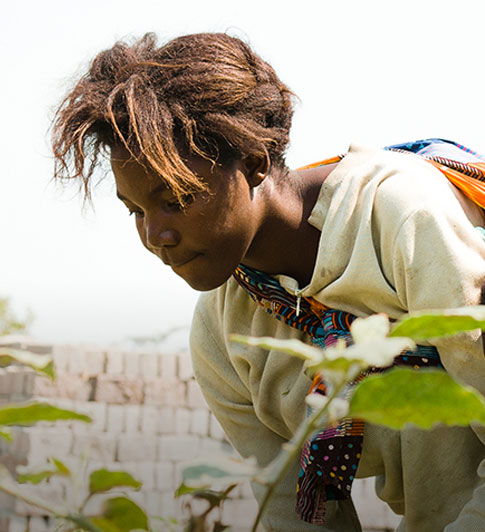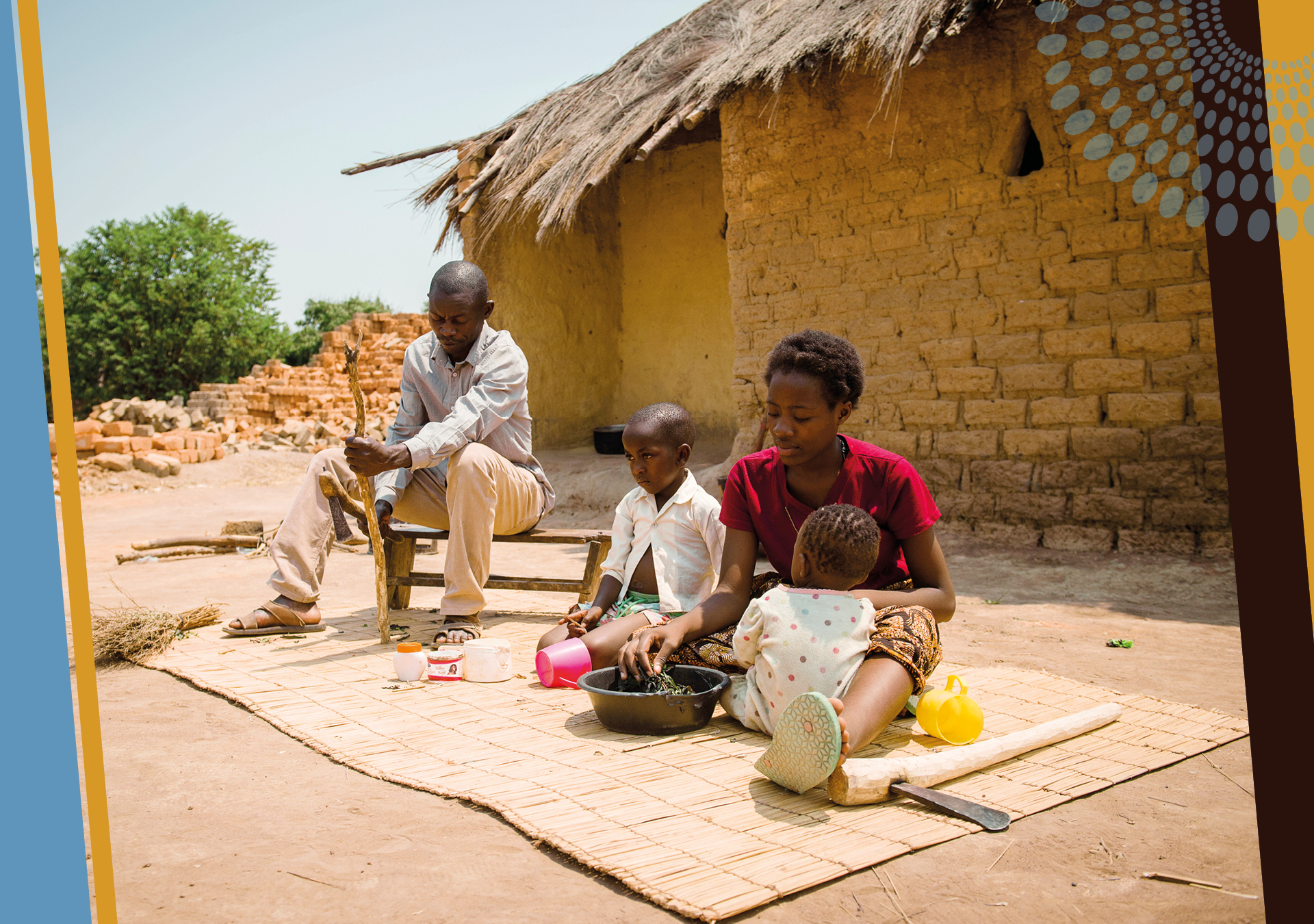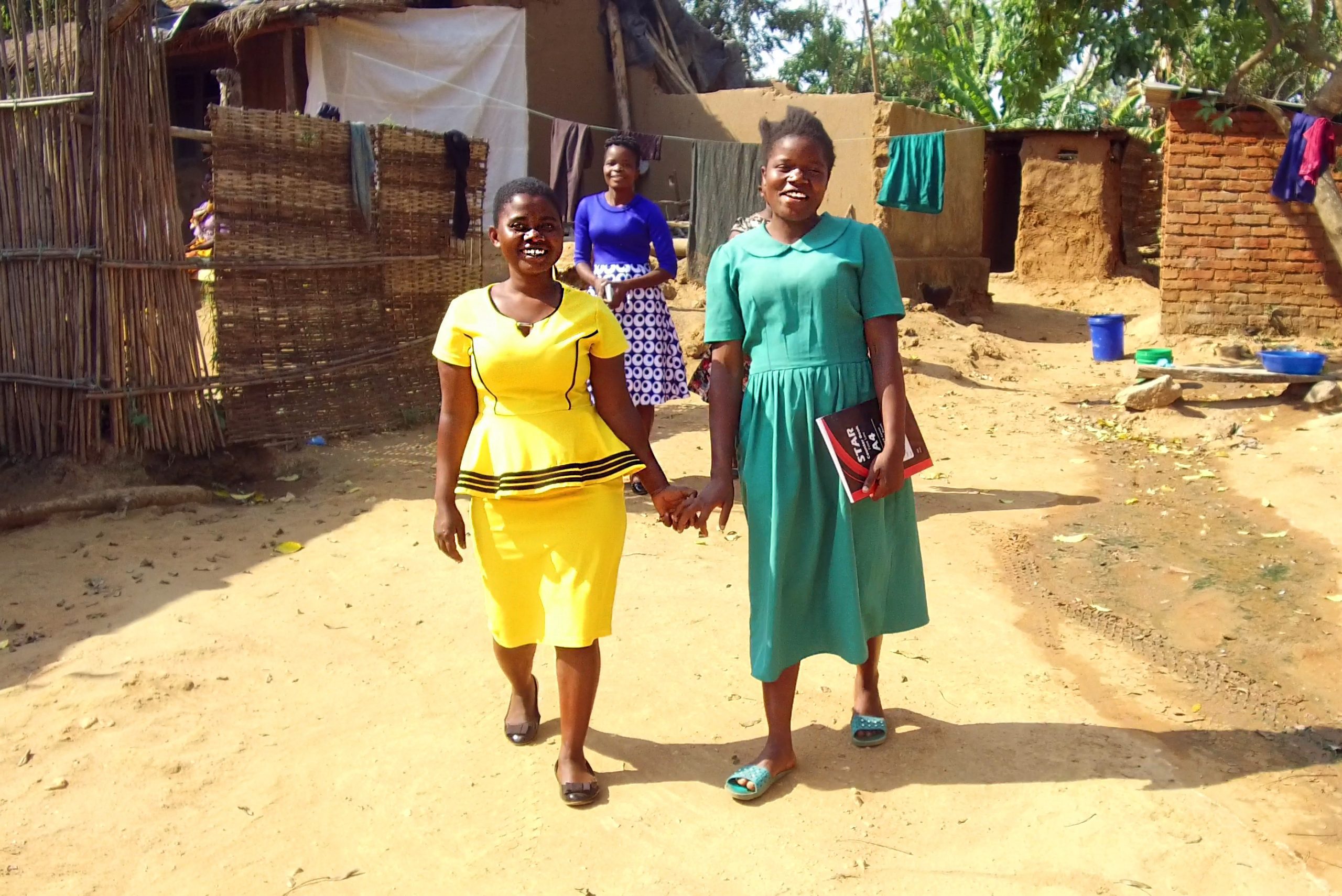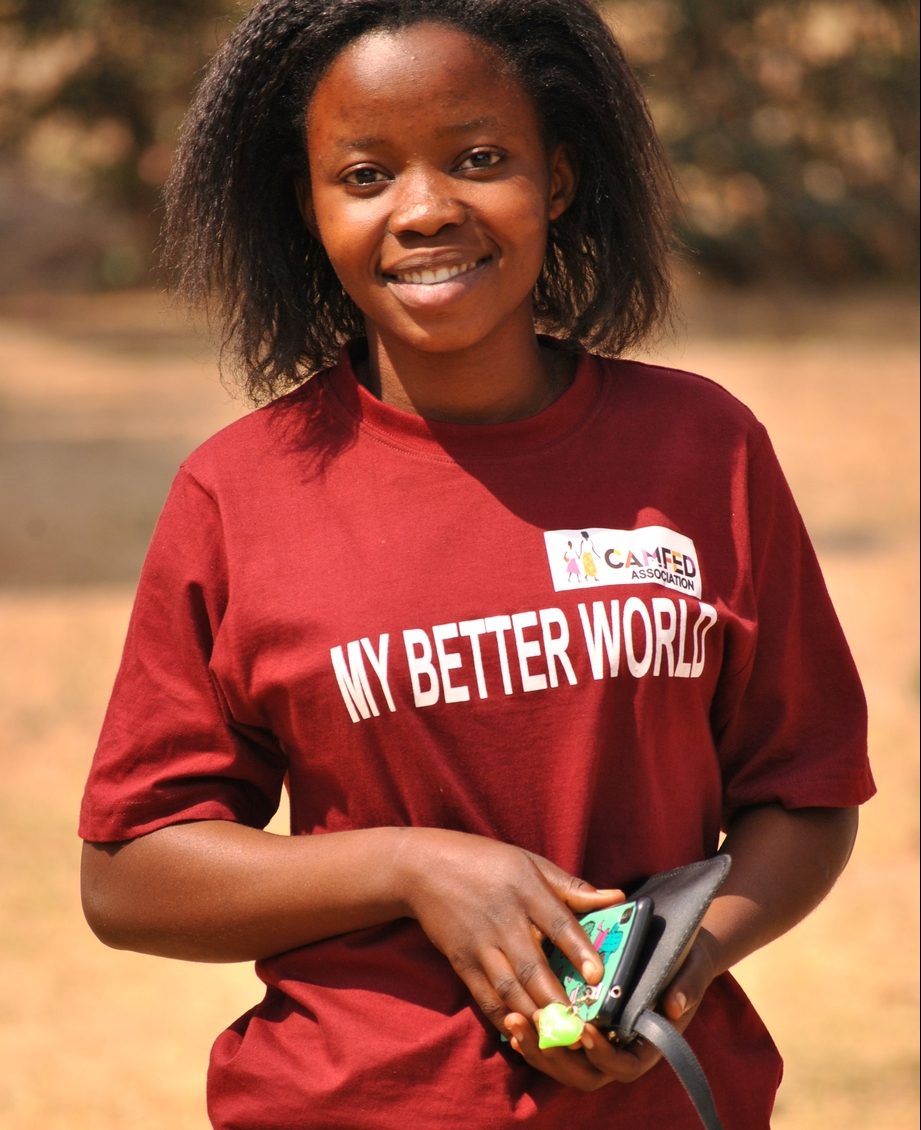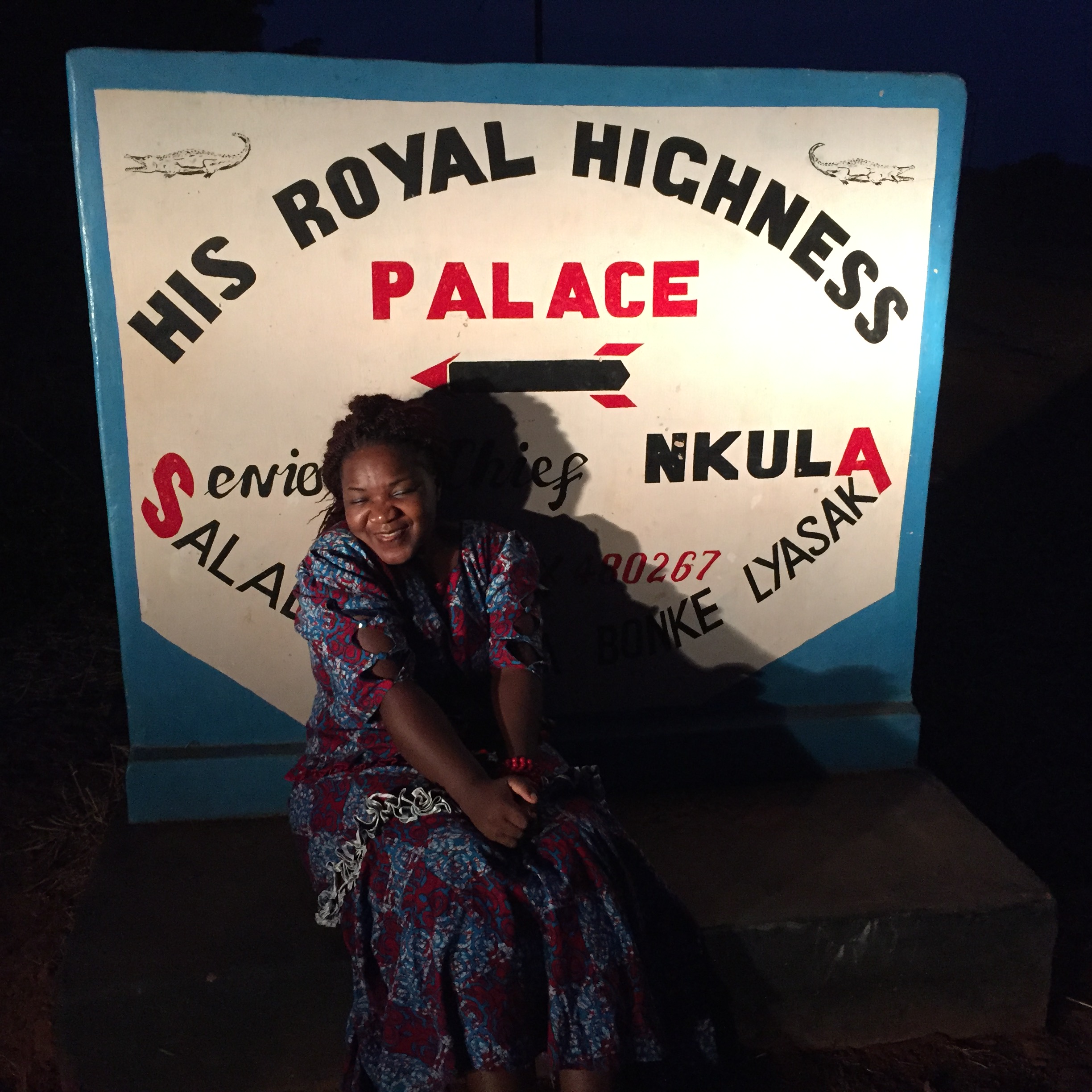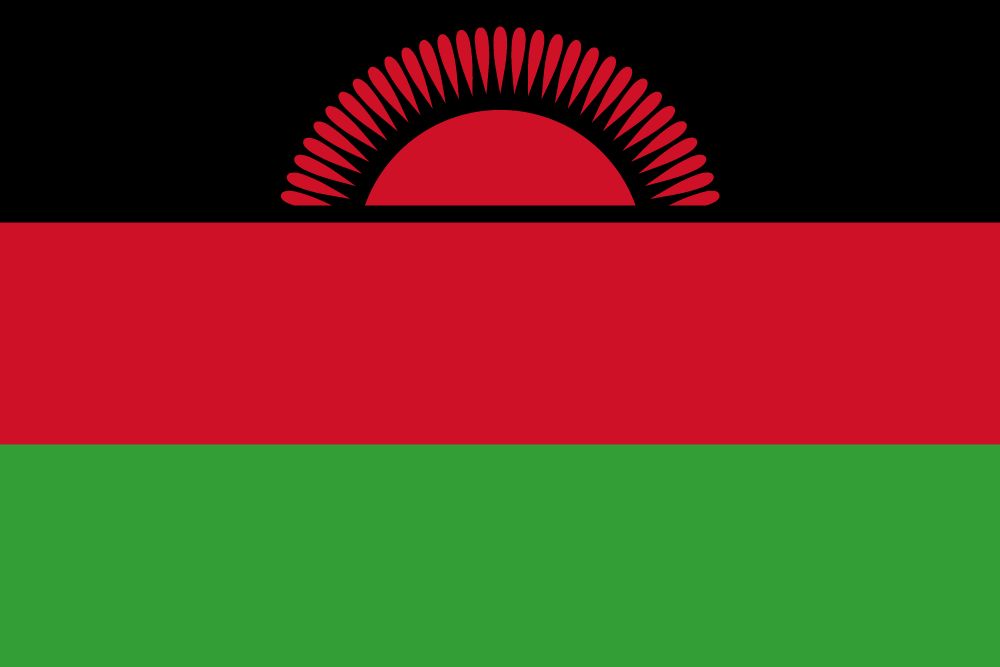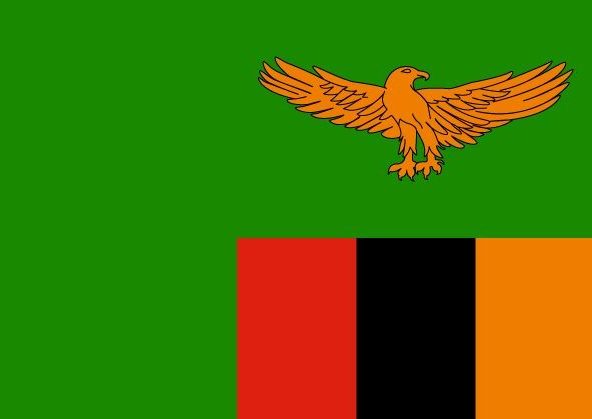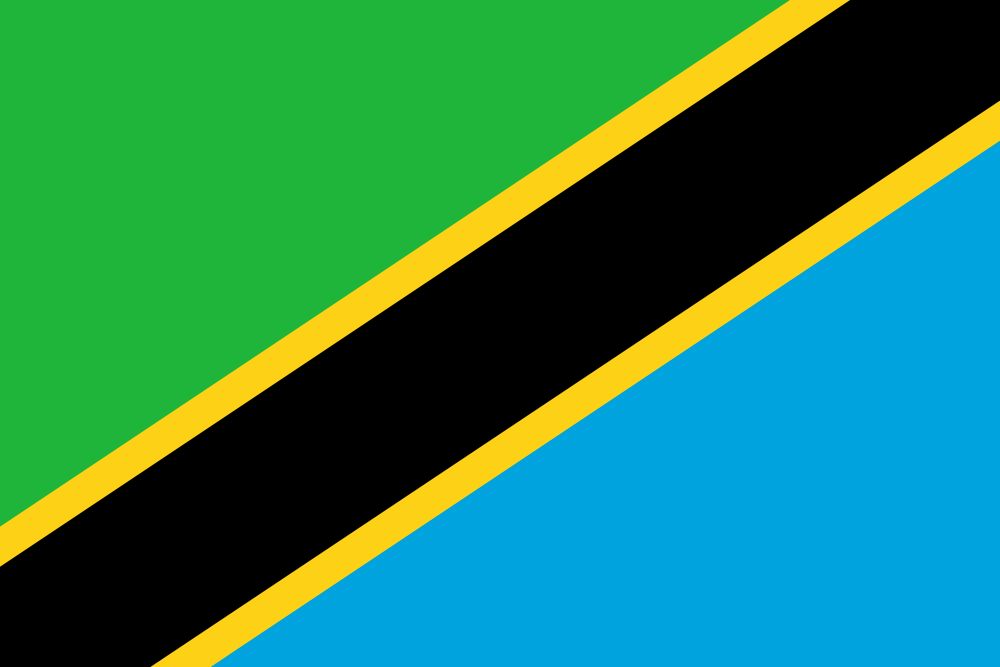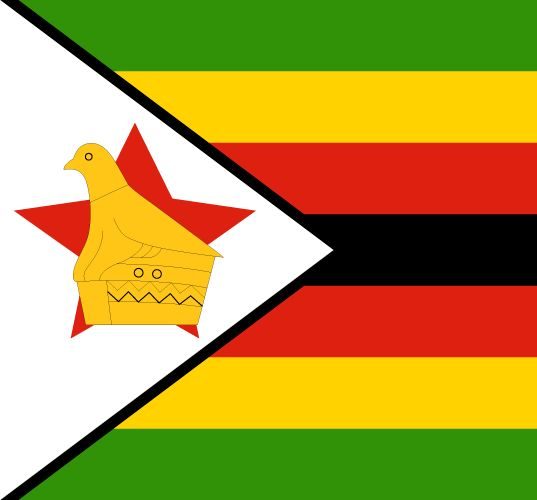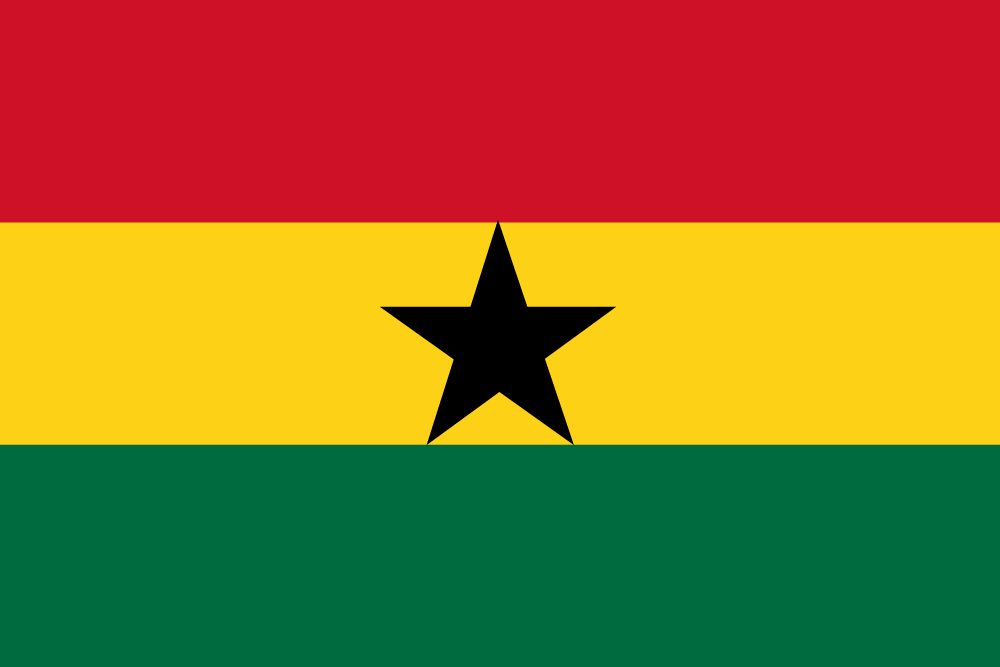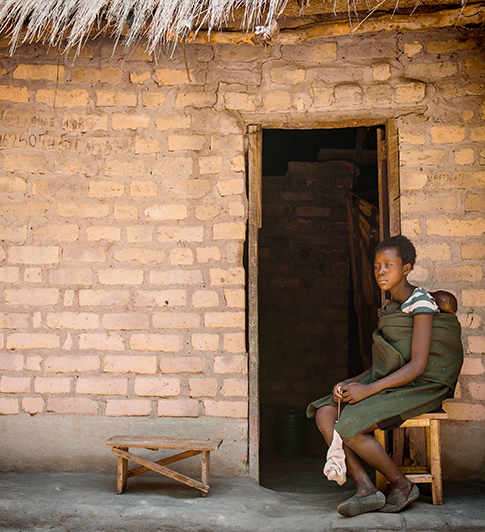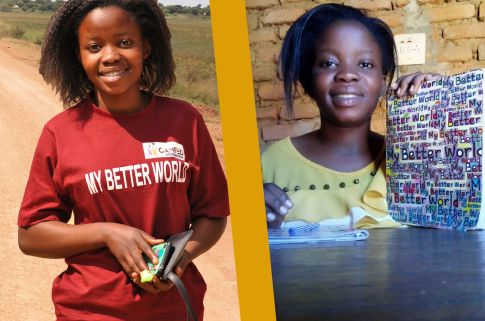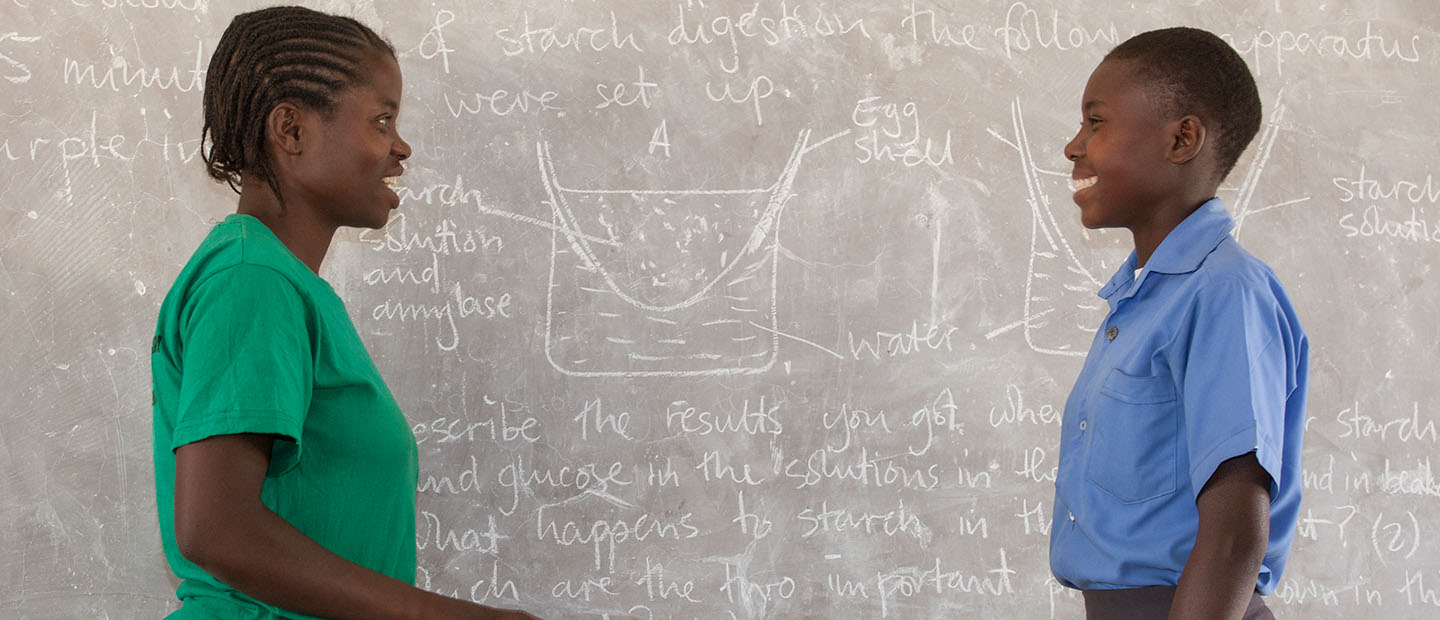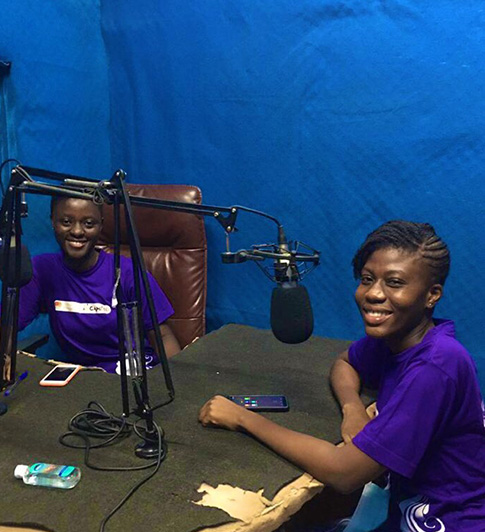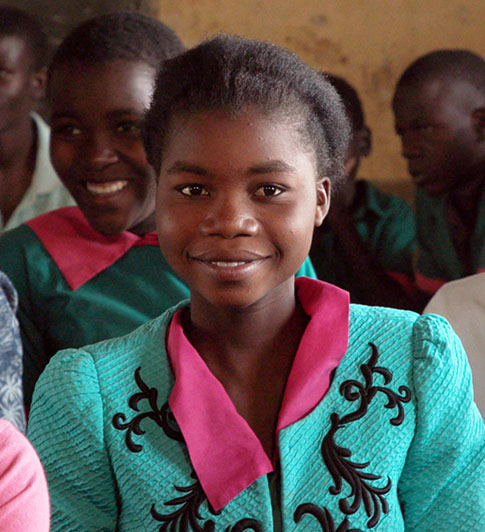Data deep-dive: Child marriage in the countries where we work
CAMFED mostly works in rural communities, where the prevalence of child marriage is significantly greater than in cities, and therefore higher than the national averages indicated below. All of the countries where CAMFED works have committed to eliminating child, early and forced marriage by 2030 in line with target 5.3 of the Sustainable Development Goals (Girls Not Brides 2020), yet big challenges remain. The impact of the COVID-19 pandemic has significantly increased girls’ risk of child marriage due to school closures, poverty, and economic hardship, with some families seeing marriage as their only option to improve the prospects of their daughters. The UNFPA estimates there could be an additional 13 million child marriages taking place between 2020 and 2030 across the globe that otherwise would not have occurred .
CAMFED is tackling the issue at a grassroots level, working with local stakeholders to educate communities about the risks that come with early marriage, and giving girls the emotional and financial support they need to stay in education. At the forefront of our activism are our young women leaders in the CAMFED Association, most of whom were once themselves at risk of early marriage, and have seen its devastating impact on girls in their communities.
